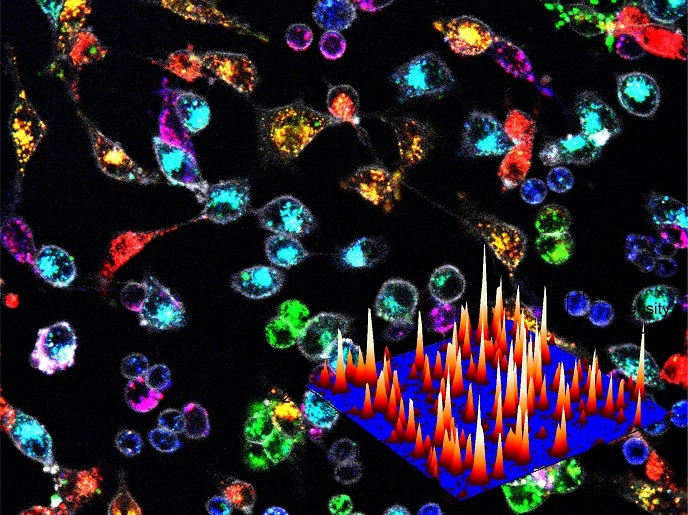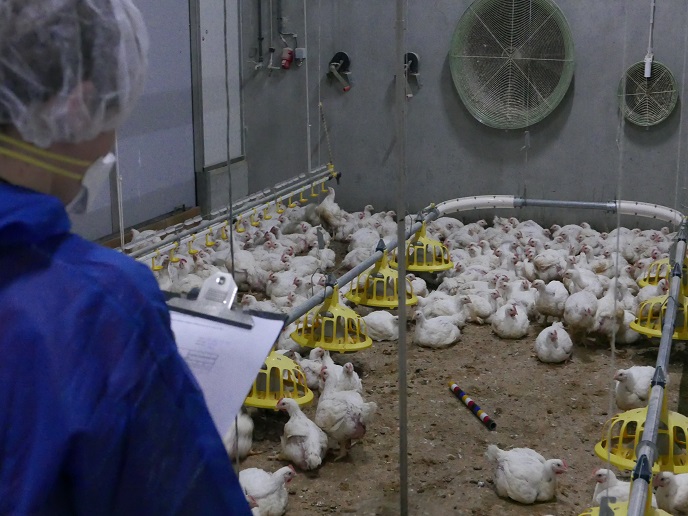Halting the spread of grapevine disease
Europe's wine sector is very important, both socially and economically. However, it is under threat by a rampant grapevine disease. The disease is caused by a bacterium, Flavescence dorée phytoplasma (FDp). In spite of legislative measures, spread of the disease has not been contained. The disease has already been declared catastrophic in France and Italy, and is currently affecting several other countries as well. The VITISENS project aimed to provide a portable field detection system to prevent further spread of the disease. The 8-member consortium ran for 28 months from February 2011 to May 2013. The device works by automatic DNA analysis and requires no technical expertise. The project divided its work between six scientific and five technological goals, all of which were achieved. Project work began with a marketing study, which identified end-user requirements. The technical system specifications were tailored to these requirements. Next, VITISENS defined the sample collection and processing protocols for field-based FDp detection, and developed a DNA extraction method. The main stage involves developing and optimising a method for amplifying FDp DNA for detection in a hand-held reader. Further work focused on refining the two main system modules: a cartridge for injecting the sample, and a hand-held reader. The final development stage focused on system validation. Two training sessions were held on the use of the complete VITISENS system. Furthermore, dissemination activities included the project website, various publications and television segments. VITISENS has also worked with small and medium-sized enterprises to ensure the uptake of the final product. The project's impact covers two broad areas. The device will contribute to an EU objective encouraging the use of new technologies to combat the disease, and VITISENS will assist EU organisations in that goal. Furthermore, the project will have impact socially in areas such as rural development, environmental protection, health and safety, and employment.
Keywords
Grapevine disease, Flavescence dorée phytoplasma, hand-held scanner, DNA analysis, field detection







